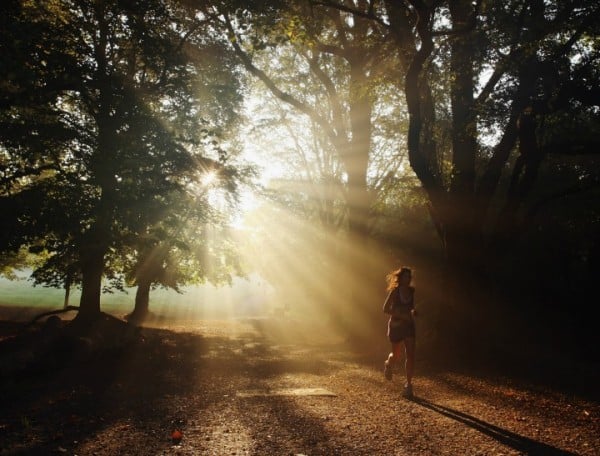
By Bianca Nogrady.
Whether we prefer to get up at the crack of dawn or work late into the night may be influenced by genes connected to the circadian rhythm, a new study suggests.
US researchers compared the genomes of nearly 90,000 individuals with their responses to the question of whether they defined themselves as a morning person or evening person — an approach known as a genome-wide association study.
In a paper published today in Nature Communications, the researchers from consumer genetics company 23andMe and San Jose State University report the discovery of 15 gene regions linked to our preference for or against “morningness”.

